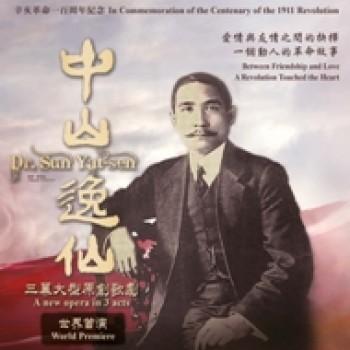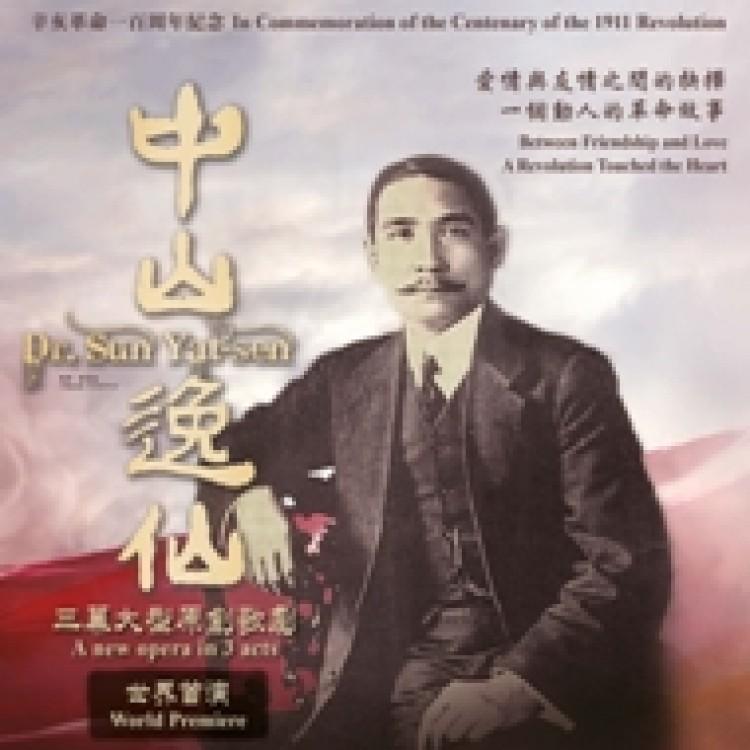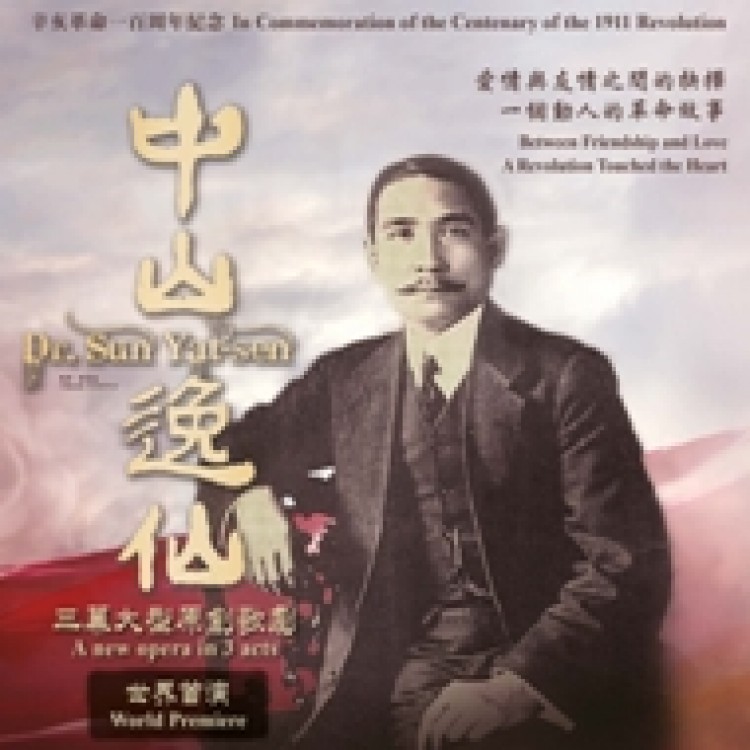Chinese Regime Abruptly Cancels Historical Opera
Chinese authorities have abruptly cancelled a high-profile opera commemorating the 100th anniversary of the overthrow of the Qing dynasty, highlighting the fact that history is still a profoundly political matter to the country’s communist rulers.

The ad for opera, 'Dr. Sun Yat-Sen,'. Screenshot from discoverhongkong.com
|Updated:





